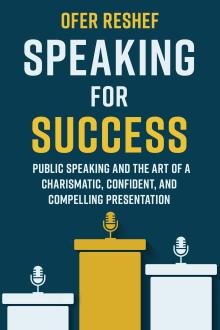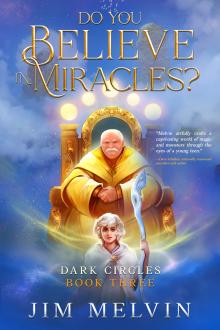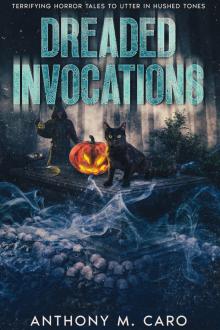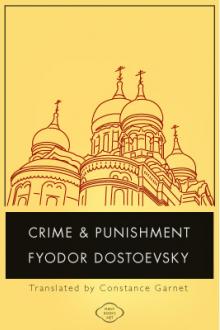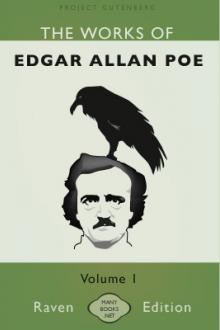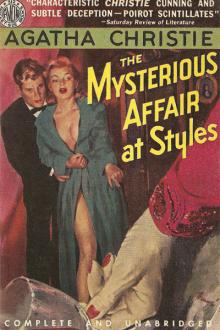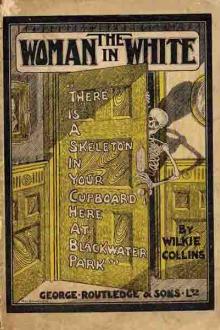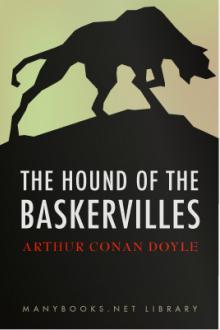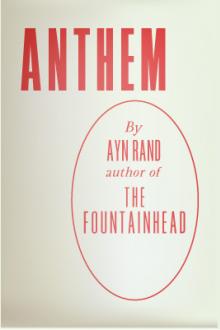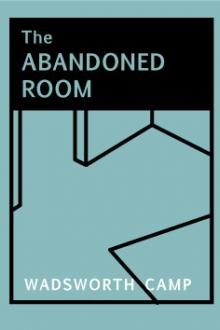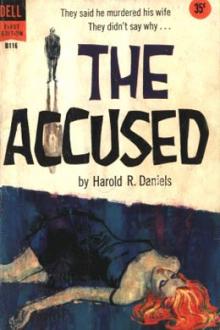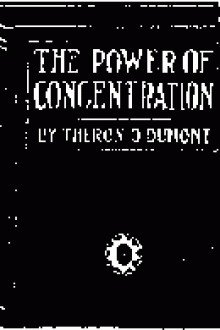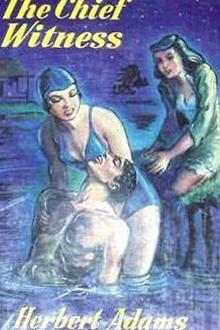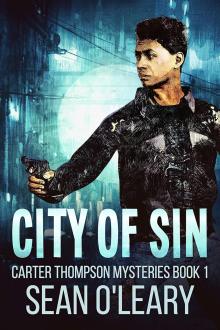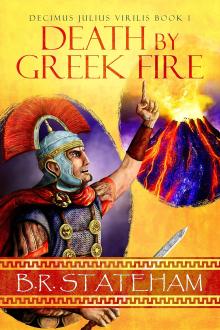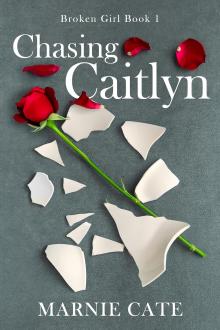Death of a Viewer
Death of a Viewer
Book Excerpt
painted cottages, mostly bright with gay flowers.
At one of them he stopped. As he did so the occupant, a big and certainly able-bodied man, came out.
"Major Bennion," he boomed. "Pleasure to see you here. An unusual pleasure if I may say so."
"I came to see you," Roger said.
"I am honoured. Come inside."
Roger followed him into a pleasant room that served as sitting-room and study. Meals were generally eaten in the neat, little kitchen behind it. Upstairs were two bedrooms and a bathroom.
"Sit down, Major Bennion. What can I do for you?"
"Do you know a man named Daniel Floss?"
"Old Dan, my father's gardener?"
"I believe so."
"Of course I know him," was the hearty reply. "An excellent fellow, though I fear his gardening days are done. Crippled with arthritis. Getting on in years, too."
"So I understand. His wife is a decent woman?"
"Excellent, excellent. I believe she still helps sometimes in the house."
"They have been
FREE EBOOKS AND DEALS
(view all)Popular books in Mystery/Detective, Post-1930, Pulp
Readers reviews
3.0
LoginSign up
The first third part of total text extension is dedicated to dull political discussions typical of the last century's fifties, always in a very British flegmatic manner.
The criminal intrigue begins in the second third part of the novel.
The crime plot is of a traditional and simplistic kind, the detectives aren't too bright and sometimes are frankly dull and their interrogation dialogues are plainly wooden.
The worst of it are the uninteresting characters.
The victims and the suspects don't awake a minimal empathy so the crimes' solution doesn't really matter.
The criminal intrigue begins in the second third part of the novel.
The crime plot is of a traditional and simplistic kind, the detectives aren't too bright and sometimes are frankly dull and their interrogation dialogues are plainly wooden.
The worst of it are the uninteresting characters.
The victims and the suspects don't awake a minimal empathy so the crimes' solution doesn't really matter.
- Upvote (0)
- Downvote (0)
Satisfying well-written mystery from the 1960s UK. Four points because of typos and incomplete sentences in the transcription.
07/31/2011
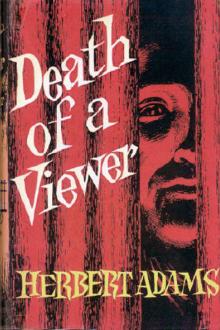
 Free Download
Free Download
